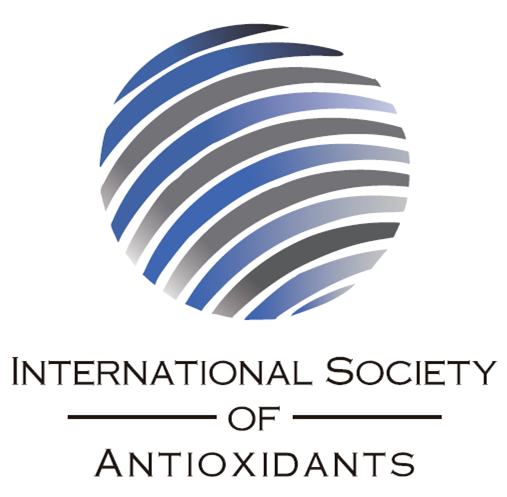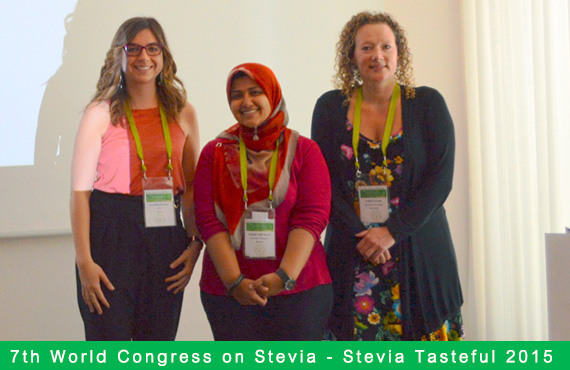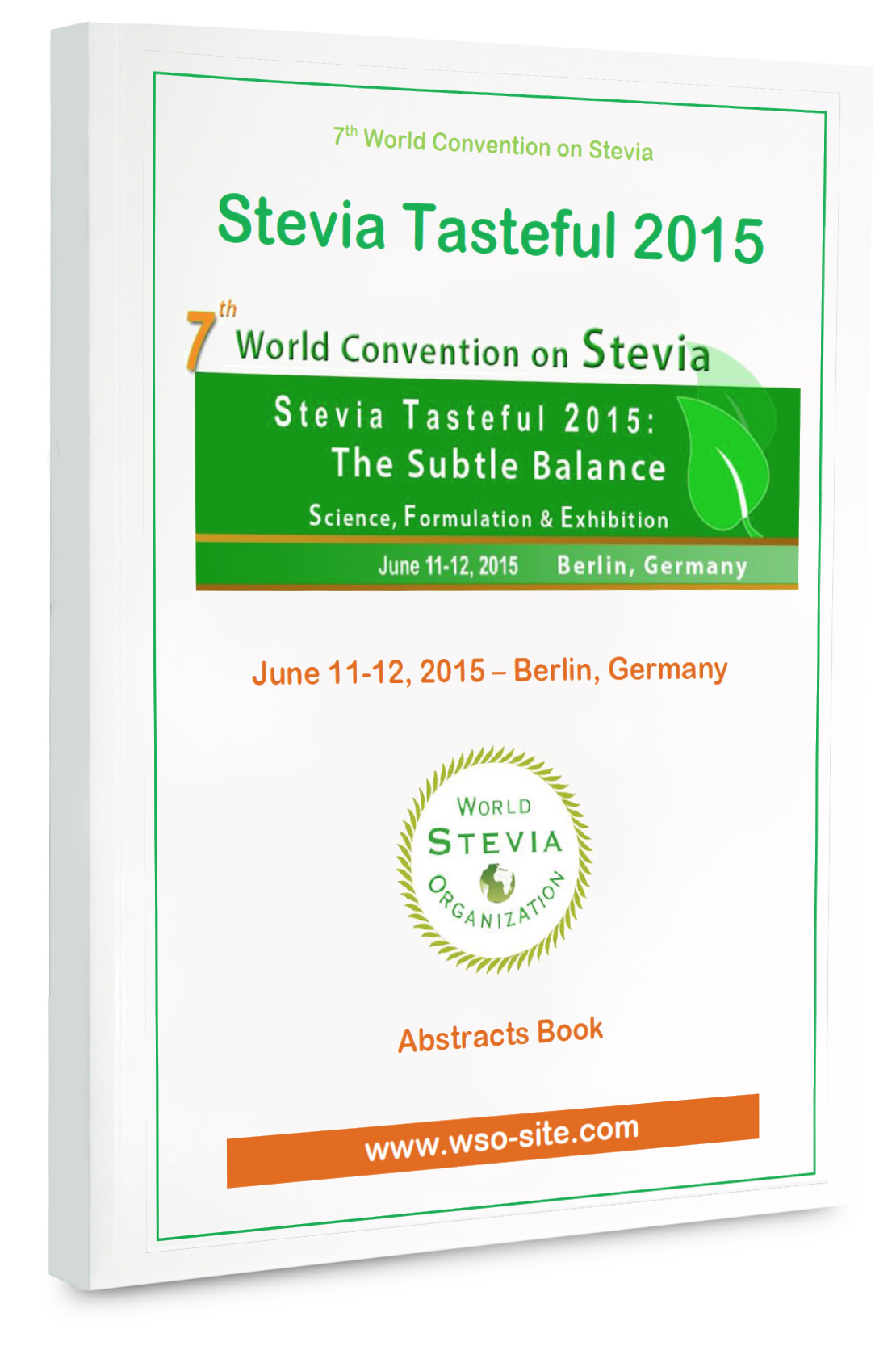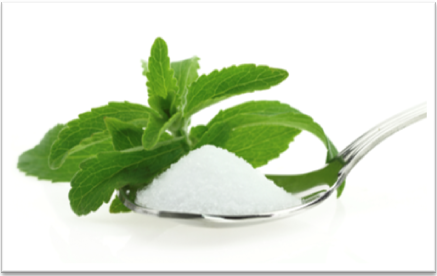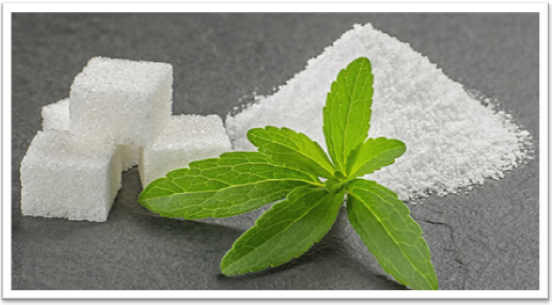 According a recent study published in October 2014 by an Israeli team, non-caloric artificial sweeteners (NAS) are among the most widely used food additives worldwide, regularly consumed by lean and obese individuals alike.
According a recent study published in October 2014 by an Israeli team, non-caloric artificial sweeteners (NAS) are among the most widely used food additives worldwide, regularly consumed by lean and obese individuals alike.
NAS consumption is considered safe and beneficial owing to their low caloric content, yet supporting scientific data remain sparse and controversial.
Here the team demonstrates that consumption of commonly used NAS formulations drives the development of glucose intolerance through induction of compositional and functional alterations to the intestinal microbiota. These NAS-mediated deleterious metabolic effects are abrogated by antibiotic treatment, and are fully transferrable to germ-free mice upon faecal transplantation of microbiota configurations from NAS-consuming mice, or of microbiota anaerobically incubated in the presence of NAS. They identify NAS-altered microbial metabolic pathways that are linked to host susceptibility to metabolic disease, and demonstrate similar NAS-induced dysbiosis and glucose intolerance in healthy human subjects.
Collectively, their results link NAS consumption, dysbiosis and metabolic abnormalities, thereby calling for a reassessment of massive NAS usage.
Source: Nature. 2014 Oct 9;514(7521):181-6. doi: 10.1038/nature13793. Epub 2014 Sep 17.
A special session dedicated to the role of Natural vs Artificial Sweetners in Health and especially on microbiota is organized during Stevia Tasteful World Congress 2015. For more information: www.wso-site.com















